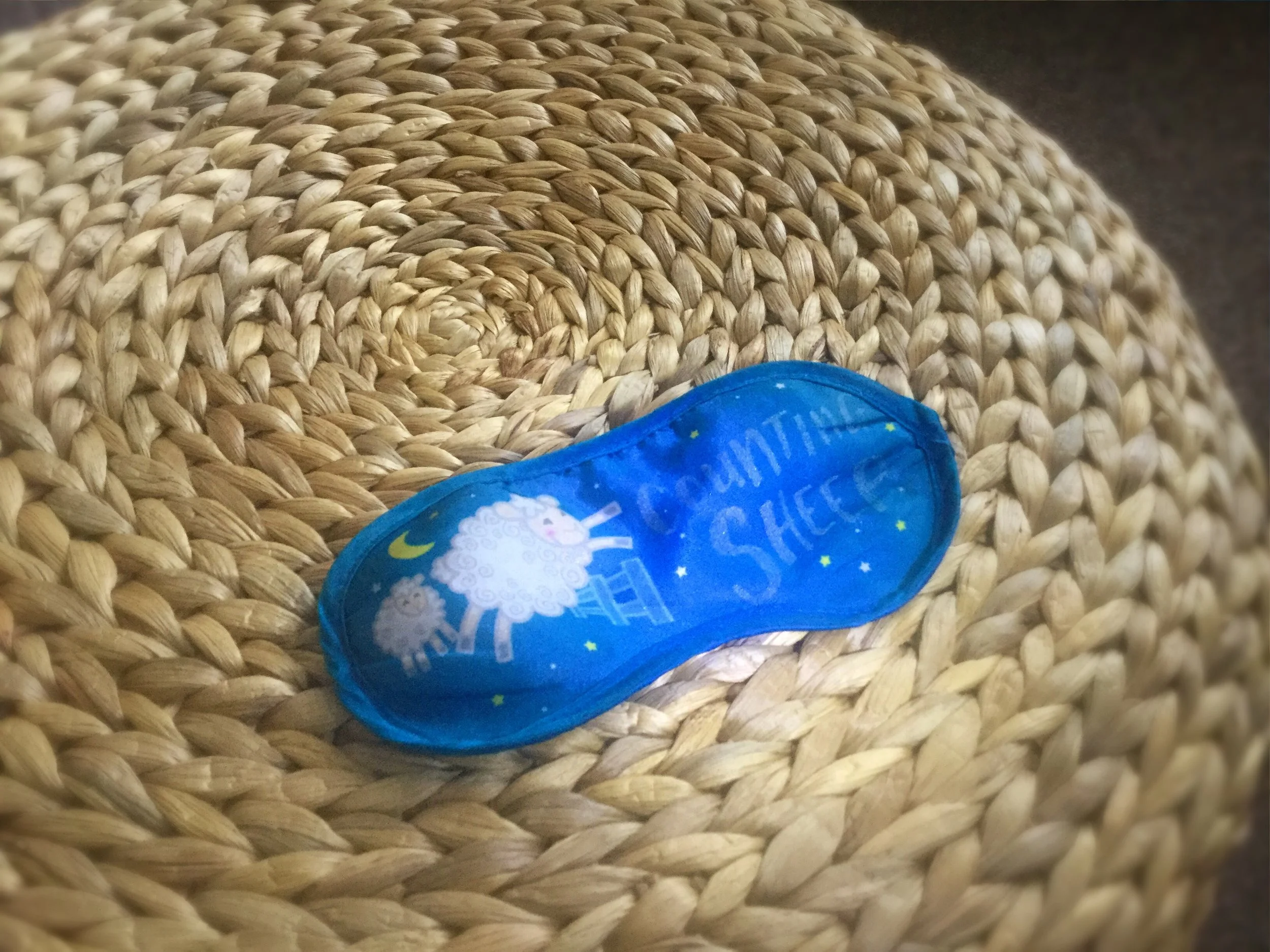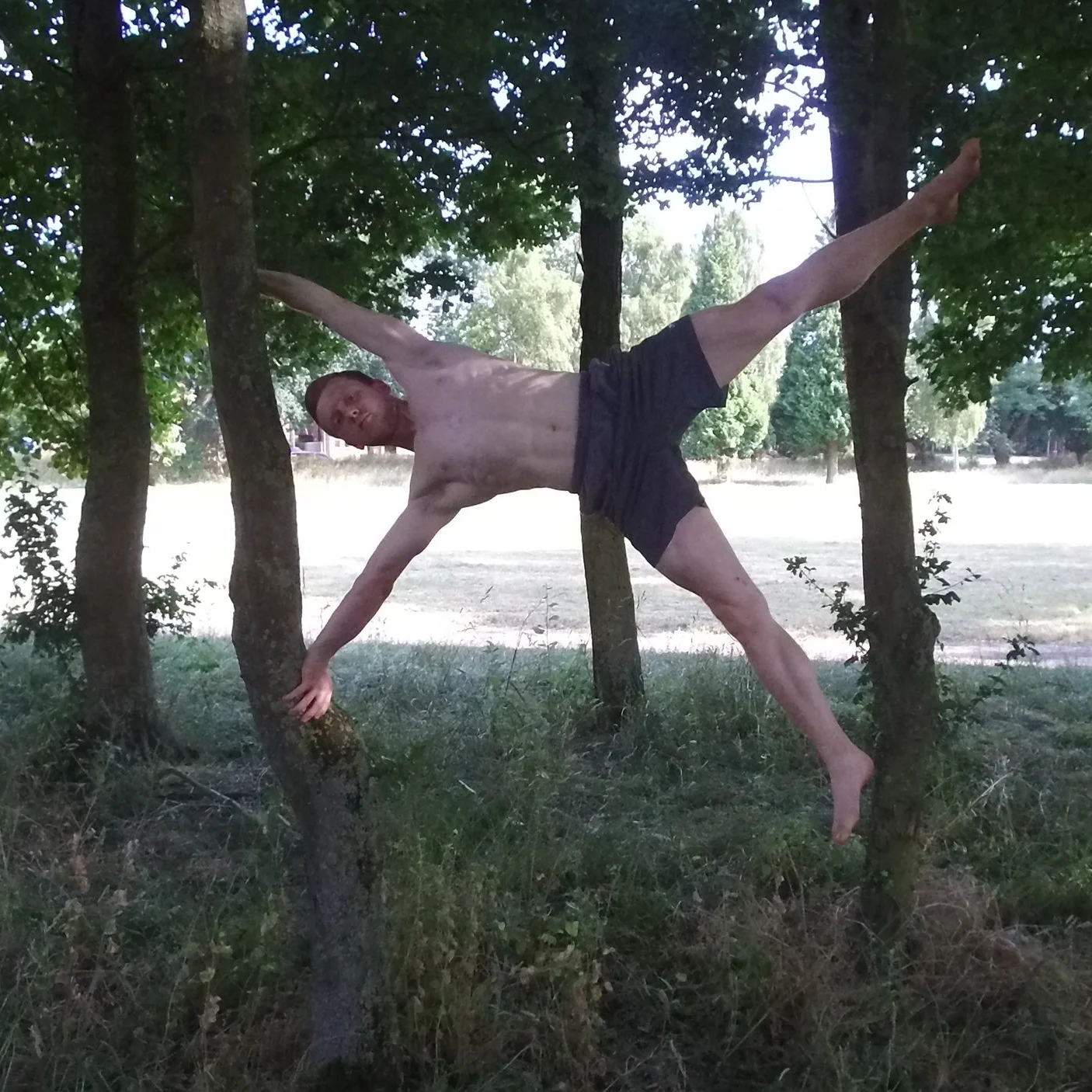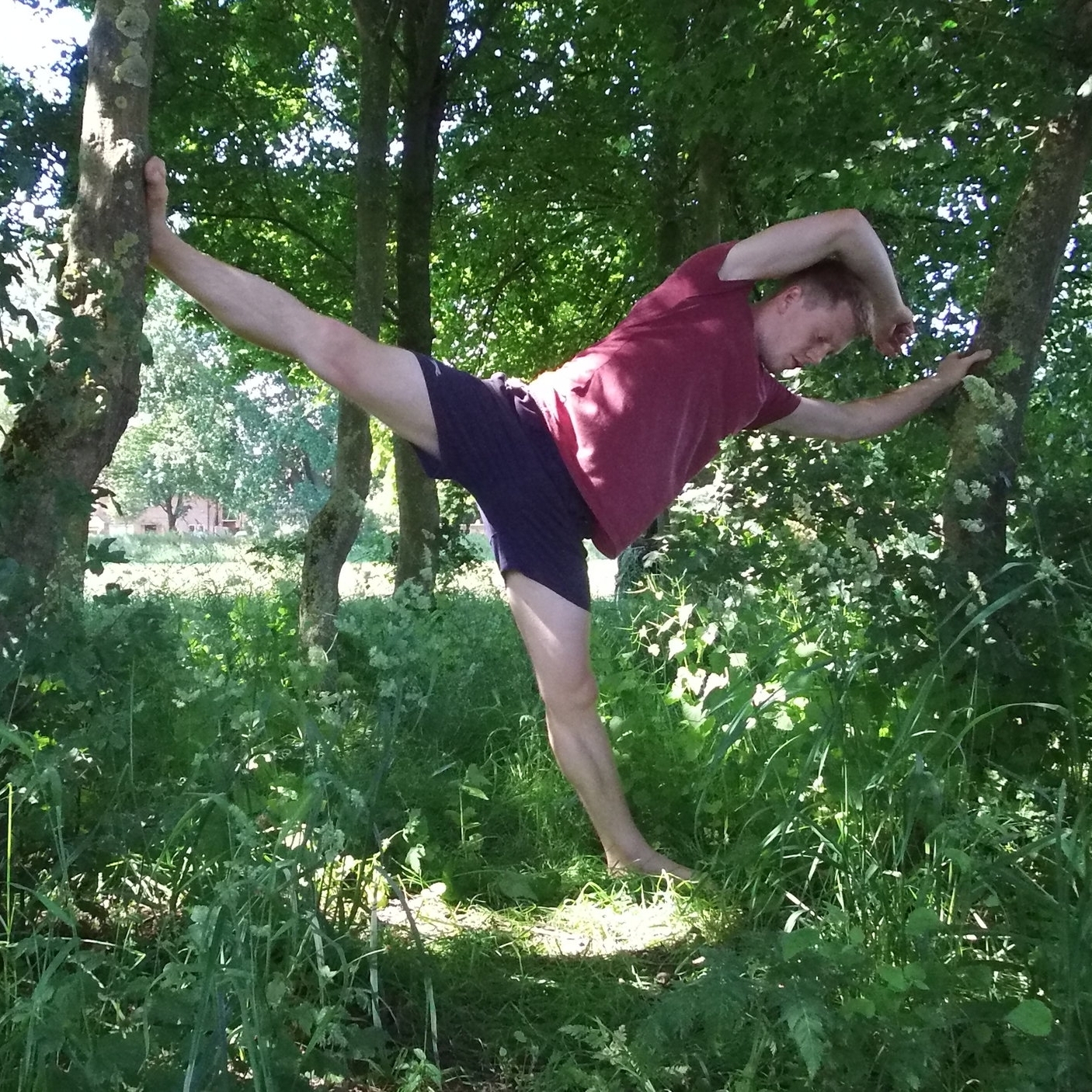A reductionist approach to health is symptomatic of an old paradigm, one that is being undermined more and more by research showing that the whole is greater than the sum of its parts.
Health isn’t just the absence of disease or infirmity, but a state of complete physical, mental and social well-being - defined as such by the World Health Organisation.
As time moves on and more research is done on the subject it becomes increasingly clear that sitting at a desk all day isn't good for us, in either body or mind. The modern office based lifestyle is very different from the lifestyle of our prehistoric hunter gatherer ancestors, and yet our bodies aren't all that different at all, and this is the crux of the problem, our bodies just aren't equipped to deal with long periods of being still, if we were, we would be a tree, perfectly designed to sit in one place of years upon years.
Read MoreWe spend a large chunk of our lives lugging around inherited beliefs and assumptions without ever stopping to take stock of whether we believe them or if they serve us; we’re the product of our environment, the caregivers who shaped us, instilled their values into us. Now we’re all grown up, we reflect it back out into the world and these stories we tell ourselves shape our internal model of reality.
Read MoreHere at Movementum, we’re wishing you a very happy Christmas and New Year!
Enjoy a few alternative Christmas songs we’ve selected; the perfect accompaniment to a mulled wine and mince pie.
If we are more stable with a wide base of support, then it follows we are less stable when it is narrow; imagine how you would feel if your own contact with the ground was the size of an ice skate. No doubt with an ice skate sized base of support, your postural setup would be sub-optimal and this adaptation echoes all the way up the body because the foot isn’t languishing alone in the wilderness; it’s connected to everything.
Read MoreOver-training in its broadest sense is the imbalance between training and recovery; if sufficient rest is not included in a training program then regeneration cannot occur and performance plateaus. The most common symptom is fatigue as well as becoming moody, depressed, losing enthusiasm for training and disrupted sleep patterns.
Read MoreWe decided to create a journal where we’ll share our blogs and videos about the concepts around natural movement and lifestyle, the AiM philosophy around pain & injury as well as some behind the scenes of us when we’re performing and choreographing.
To develop physical courage first we need to start with the mind; there are so many obstacles to overcome and many of them are self-created. I think of it sometimes as a form of psychological warfare I engage myself with. Fear is the root of them all and they manifest in so many forms - fear of injury, fear of people watching, fear of judgement, fear of failure.
Read MoreHow can we know what we are capable of achieving if we never move in to the unknown? Our limits are only stretched once we step outside into what is known as the edge. I found it curious that this place is a psychological one as well as a physical one.
Read MoreIn practice Parkour focuses on developing the fundamental attributes required for such movement, which include functional strength and fitness, balance, spatial awareness, agility, coordination, precision, control and creative vision.
Read MoreGreater specialisation is necessary to succeed professionally and we pay the price by becoming adapted to narrow and frequent use patterns.
Read MoreOften people either assume natural movement training is either too easy or too difficult for them; the reality is it's for everyone, no matter if your goal is to climb a tree with your kids or compete in the CrossFit Games; you can start at any age, ability, or fitness level.
Read More










